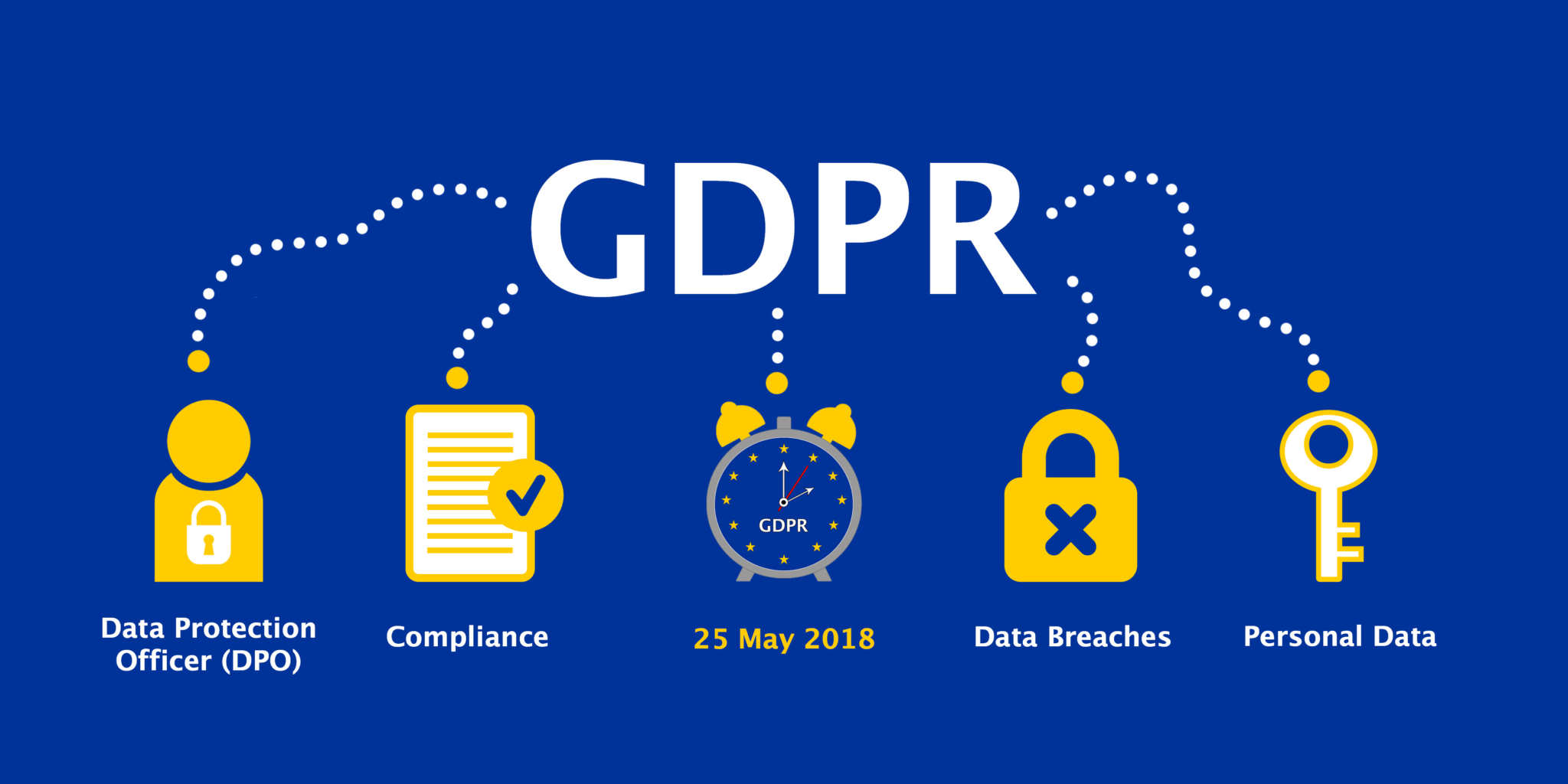It would be appreciated to have a translated version + FAQ or concrete examples with name of countries and where users are located. What’s the use of a document if it’s not understandable for people it was meant for?

Because of the new EU norm “GDPR” General Data Protection Regulation that will apply in 1 month, they have to update their data protection policies (penalties like 4% of their turnover - max 20 million).
The EU was in talks for this regulation since a few years ago:
If you’re a company in the EU => you have to follow the GDPR (set up process and procedures…)
If you’re a company not in the EU but you manipulate EU data (from EU users) => you also have to follow the GDPR for EU data (and not data that does not concern EU citizens).
You can find more info on the official EU GDPR website and what companies have to do and your rights here: https://www.eugdpr.org/key-changes.html
I don’t know if non European users will be concerned on Viki.
It feels like it’s purposely blurry, not translated and click there and there to make people confused and to make them give up, as always in this type of document. I read in 6 b “i. Rights applicable to EU users” and “ii. Rights applicable to California Rights”. Where is the rest of the world? And then data transfer, what is it about? You click there https://corp.rakuten.co.jp/privacy/en/bcr.html you found at least something in your language.
I don’t understand: if our data is moved to another company of the group, the intern law is applying. But which intern law? The law of the location of the customer or the law of the location of the company it is transfered to? Is it up to date?
For GAFAM that will be impacted: I didn’t read anything about Apple, ■■■■■■.
On ■■■■■■■■, they decided to apply it to European users and since their Irish subsidiary (in EU so the GPDR is applying) was the data center for users located in Australia, Africa and Asia, they decided to move this data center to their headquarter in Silicon Valley so they don’t have these limitiations for people from these continents, countries.
Articles here:
Maybe, that would explain our recent bugs (data processing for the GDPR).
For advertisement:
" For more information about how the online advertising industry uses information it collects to provide you with tailored advertisement, and to control whether you want to receive those relevant advertisement from Our third-party advertisers, please review the information at the following links: The Network Advertising Initiative; and Your Ad Choices."
I tried to look at the latter one, and I didn’t know that it existed.
I don’t know who their 3rd party advertisers are. Are they the same as their cookies tiers?
Google decided to develop ads that don’t use personal data.
About advertisement, there’s a thing on the GDPR (I didn’t read it). But if it’s not Viki who’s responsible for their ads, then the 3rd party advertiser is?
For privacy on the internet to every party, I think it’s utopia.
If you share info to another server and it stores it up on a database, it’s not “yours” only anymore.
Internet provider, government, NSA, social studies, antivirus, when you install an app on mobile phone, shopping data (you suscribe for a magazine and you receive mails from unknown companies the day after, your collection of loyalty cards), suscribing to a service, following people or “Like” on Instagram (■■■■■■■■), using Whatsapp (■■■■■■■■), Occulus (■■■■■■■■) or Youtube (Google), GPS!
So whenever you use a product involving internet and sharing data between 2 devices.
Against hacking: either you don’t use internet and you won’t be afraid of pirates hacking other websites that you use (but since NSA was hacked…), either you use it and hope that their shield is strong enough.
There was this report about leaving less trace of you on the internet (2 or 3 years ago?), I don’t remember well but it was like using some browsers like Duckduckgo, but we don’t find every website. And for mobile, it was using a satellite mobile XD
We’re a “data-driven economy”:
What I find difficult is the limit between individual rights of private life and legitimate interest of companies to use, storage the data and use it for prospective goals. Is it compatible?
@irmar I think “the air” is referring to the “goodwill”. An owner of a client database can sell it.

